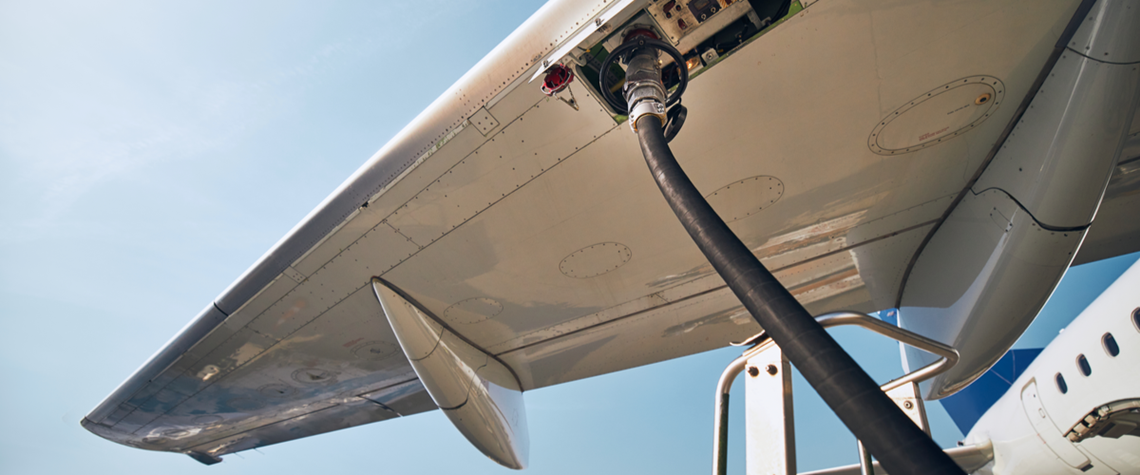BP modelling shows sharp growth in synthetic jet fuel
Synthetic fuels derived from hydrogen could account for nearly a third of jet market by 2050, BP says in update to its Energy Outlook report
Synthetic fuels derived from hydrogen could account for up to 30pc of jet fuel by 2050, rising from only 1–2pc in 2035, according to new analysis by BP. Improvements in technology and increasing production capacity cause the relative cost of synthetic jet fuel to fall, enabling it to take a market share of 10–30pc in 2050, according to the ‘Accelerated’ and ‘Net Zero’ scenarios in an update of BP’s Energy Outlook report. Constraints on the scaling-up of second-generation biojet also help to drive synthetic fuel growth in aviation, BP says. The report models three scenarios to 2050: ‘New Momentum’ is based on the current trajectory of the energy industry, while the Accelerated and Net Zero sc

Also in this section
4 February 2026
Europe’s largest electrolyser manufacturers are losing patience with policymakers as sluggish growth in the green hydrogen sector undermines their decision to expand production capacity
2 February 2026
As a fertiliser feedstock, it is indispensable, but ammonia’s potential as a carbon-free energy carrier is also making it central to global decarbonisation strategies
28 January 2026
The development of hydrogen’s distribution system must speed up if the industry is to stand any chance of grabbing a meaningful slice of the low-carbon energy market
14 January 2026
Continent’s governments must seize the green hydrogen opportunity by refining policies and ramping up the development of supply chains and infrastructure







